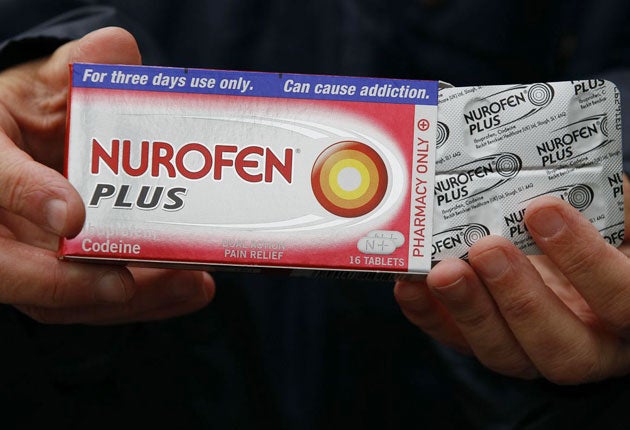As summer holidays begin, many travellers are packing more than just swimsuits and sunscreen – for millions, medicines are essential.
But taking them abroad isn’t always simple. From legal pitfalls to temperature-sensitive drugs, here’s how to travel safely and legally with your medication.
Know the law
Medicines that are legal in the UK can be restricted or even banned in other countries. Having a valid prescription doesn’t guarantee you can take a medicine into another country.
For example, Nurofen Plus, which contains codeine (an opioid painkiller), is prohibited in countries like Egypt, Indonesia and the UAE.
Even common cold remedies containing decongestants like pseudoephedrine can land you in trouble in places like Japan and South Korea. This is because pseudoephedrine can be used to make methamphetamine (“speed”). Likewise, many stimulant ADHD drugs are also banned from these countries.
Some countries have restrictions on the amount of medication that you are allowed to bring into the country, usually a maximum of a three-month supply.

Travellers often overlook how strict customs regulations can be regarding medications. Even if prescribed for a valid medical reason, carrying a prohibited drug can lead to confiscation (leaving you without essential treatment), fines (especially in countries with tough drug laws) and detention or arrest in rare but serious cases.
If you’re travelling with certain controlled drugs – such as opioids, stimulants or psychotropic substances – you may need to apply for an export licence from the UK Home Office. This is typically required when carrying a supply of three months or more. Examples of controlled drugs include diazepam (for anxiety and muscle spasms), codeine and morphine (for pain), amphetamines (for ADHD) and temazepam (for insomnia).
Before you travel, check whether your medicine is affected by any of these restrictions. Use the country’s embassy website or the UK government’s travel advice to check the rules of your destination country.
This should provide guidance on whether you simply need a copy of your prescription, a doctor’s letter or a special import certificate (some countries require official documentation even for personal…
Click Here to Read the Full Original Article at The Independent Travel…
